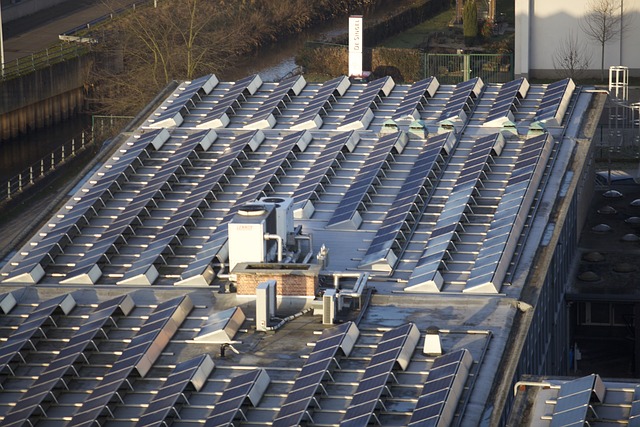
Introduction
Solar energy storage is essential for maximizing the utilization of solar power and overcoming the intermittent nature of sunlight. Various storage solutions, including batteries and innovative technologies, play a crucial role in ensuring the reliability and stability of solar energy systems.
Battery Storage Solutions
1. Lithium-Ion Batteries
Lithium-ion batteries are widely used for solar energy storage due to their high energy density, long cycle life, and rapid charging capabilities. These batteries provide reliable energy storage solutions for residential, commercial, and utility-scale solar installations, enabling homeowners and businesses to store surplus energy generated during the day for use during peak demand or at night.
2. Flow Batteries
Flow batteries offer scalable and long-duration energy storage solutions for solar power systems. By storing energy in liquid electrolytes contained in external tanks, flow batteries provide flexibility in capacity and discharge duration, making them suitable for grid-scale applications and integration with renewable energy sources like solar and wind.
Innovative Solar Energy Storage Technologies
1. Thermal Energy Storage
Thermal energy storage systems harness solar heat and store it for later use in various applications, including space heating, water heating, and industrial processes. Technologies such as molten salt storage and phase change materials enable efficient and cost-effective thermal energy storage, complementing solar photovoltaic (PV) systems and enhancing overall energy sustainability.
2. Hydrogen Storage
Hydrogen storage presents a promising avenue for long-term and high-capacity energy storage. Through electrolysis of water using surplus solar electricity, hydrogen can be produced and stored for later use in fuel cells to generate electricity or power vehicles, offering a clean and versatile energy storage solution with zero emissions.
Beyond Traditional Storage: Emerging Technologies
1. Gravity-Based Energy Storage
Innovative concepts such as gravity-based energy storage systems utilize mechanical energy to store and release electricity. Technologies like pumped hydro storage and gravity-assist flywheels offer scalable and cost-effective energy storage solutions, leveraging gravitational forces to store potential energy and convert it back to electricity as needed.
2. Organic Redox Flow Batteries
Organic redox flow batteries represent a promising alternative to conventional battery technologies. By utilizing organic molecules as electrolytes, these batteries offer advantages in terms of cost, scalability, and environmental sustainability, paving the way for affordable and eco-friendly energy storage solutions for solar power systems.
Conclusion
Solar energy storage solutions, ranging from batteries to innovative technologies, play a vital role in maximizing the benefits of solar power and ensuring a reliable and sustainable energy future. By leveraging storage technologies and embracing innovation, we can overcome the challenges of solar intermittency and accelerate the transition towards a clean and resilient energy system.